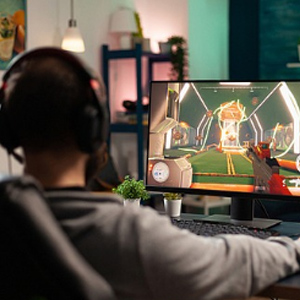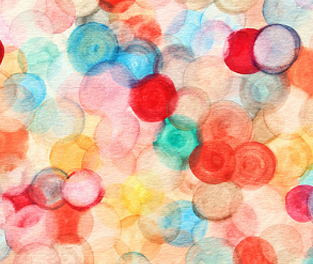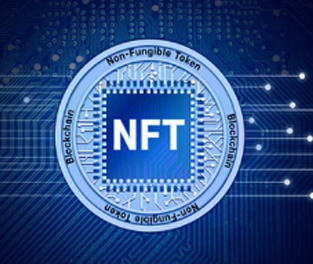Business Name: Michelle Won Holdings. 508 Wooman-Dong, Paldal-Ku, Suwon-Si, Kyunggi-Do, Republic of Korea
CEO : Jong Kook Lee
Business Registration Number : 712-87-02494
Mail-order Business Report Number : No. 2022-Suwon Paldal-0722
Copyright © 2022 Michelle Won Holdings – All copyrights belong to Michell Won Holdings.









